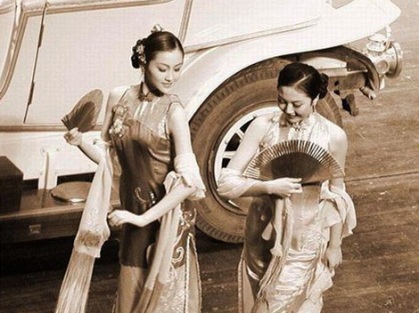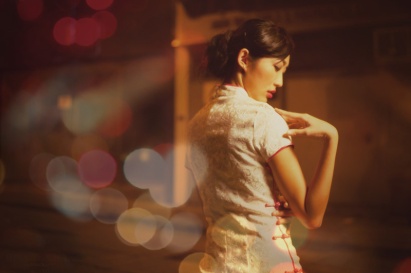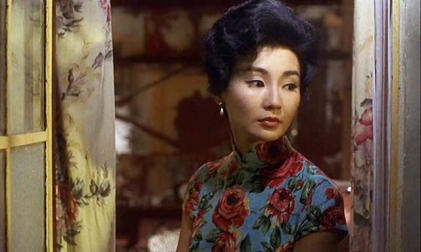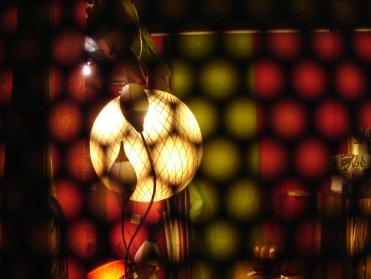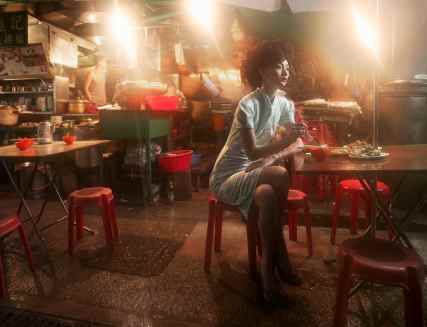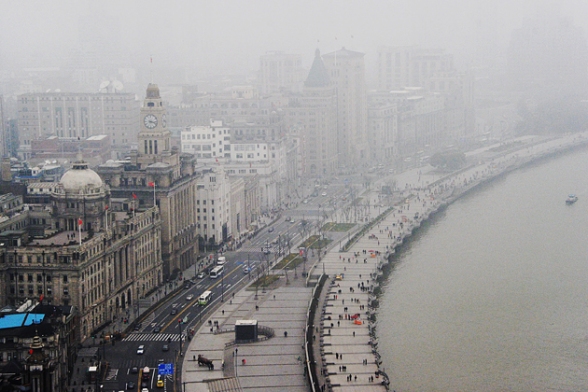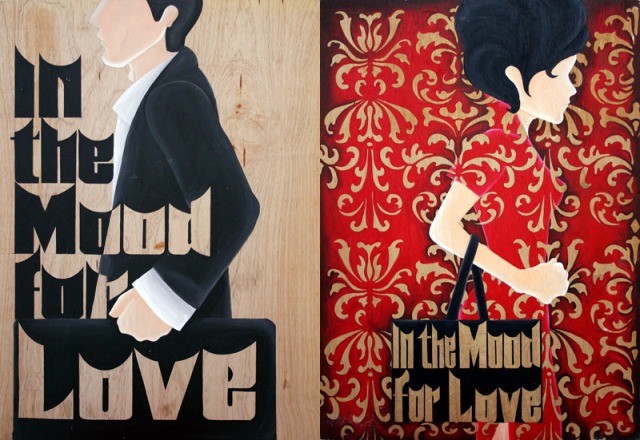By Feiyu & Jiamian
I have read several famous authors’ works about Shangshai, and Wang Anyi’s Shanghai has impressed me the most. Comparing to Mao Dun and Zhang Ailing, Wang’s Shanghai in her book—Changhenge is different. Mao’s Ziye mainly narrates that a group of capitalists represented by Wu Sunfu work and invest in government bonds exchange to get more profits. And based on this, the author reveals the life and attitudes of different classes and characters around the novel’s main character—Wu. Although there are several courtesans and some rich madams and daughters of rich people, we still feel that the city exists for man. As for Zhang Ailing’s Shanghai, she presents the city’s dashing, tumorous and lonely parts in certain historical struggling times.
However, Wang Anyi’s work—Changhenge, is a different story because it is from a very down to earth perspective. Firstly, Wang purposely reduced the social large background, and mainly focused on people’s ordinary life within the fast changing social situations at that time. In her view, “the face of history is not consisted of major historical events; instead, history is the evolution from detailed life day by day… And I don’t want to portrait the significant events in my novel, because the art form like novel should present daily life.” (Changhenge) Comparing to Mao Dun, Wang Anyi pays more attention to ordinary citizens; comparing to Zhang Ailing, Wang attaches more importance to daily life. That is to say, Wang has different objects and different angels to present the city, which bring us closer to the mass and a real life experience. Secondly, Wang is exploring and interpreting the city Shanghai from female’s perspective. She sees the city itself as an exceedingly fascinating and charming female. She says,“this prosperous city is feminized to some extent. The flavor in the wind is from females’ perfume; the female’s clothes inside of the shop window are far more than male’s…” (Changhenge)
In Wang’s eyes, Shanghai females can mostly represent the exceedingly fascinating and charming city. She suggests “in order to write a novel about Shanghai, the best representative would be the female. No matter how much sorrow the females have, Shanghai gives them a nice stage for them to show themselves… If there are heroes in Shanghai also, they’ll be the females.” (Changhenge) In Changhenge, the representative of the “Shanghai hero” is an alley girl named Wang Qiyao. From the sixteen-year-old girl to the female in her fifties, Wang Qiyao experienced a lot of ups and downs in her love stories during her more than forty years’ women life which was ended as she died. Her life story also reveals Shanghai’s delicacy and elegancy of a female’s characteristics as well as the city’s fragility and sadness. Wang Aiyi states that “I write about a woman’s life and destiny; in fact, the woman is just a spokesman for the city, and what I want is to write about the city’s story.” (Changhenge) Thus, in Changhenge, the protagonist is both Wang Qiyao and the city Shanghai; the former is visible while the other invisible. And Shanghainese daily life consists of millions upon millions of ordinary Wang Qiyao’s experience and attitudes. Qiyao pursues modernity and the same goes to the city; she is elegant but also sad like the city itself; she has many secrets and every corner of the city does… So, a group of Qiyaos can be interpreted as a city.
Wang Qiyao’ life is full of detailed and daily things just as described in Changhenge, though she experienced big things like getting the title the “Miss Shanghai”, being KMT key official’s mistress, getting pregnant before marriage and so forth. As for the big and tough things in her life, she got through them peacefully by following her female’s intuition. No matter the military conflictions before national liberation, socialism’s construction time, disastrous Cultural Revolution or the Reform and opening-up era, half century’s history just passed by through her daily or even trivial life. I like the author’s artistic way to present Shanghai to us through female’s real life which is far away from politics, instead of showing us the male’s world which is full of serious and complicated political things. Wang Anyi tries to make the city’s soul to be a female’s heart and creates a circumstance in which women are not affiliated to men, which expresses a wish of reaching an equity value and a harmonious relationship between male and female.
From the beginning of feudal and agricultural society, women were always put at the bottom of society and were controlled and enslaved by men because the traditional agriculture required people’s physical labor that usually comes from male. However, as time goes by, people gradually leave the traditional farmland and come to modern cities with armored concrete. In cities, comparing to former ways of living and working, male and female both become the main characters of life. In a modern city like Shanghai, as science and technology progress, machines take a lot of heavy works from human, and people’s wisdom plays a key role in today’s modern world in creating more fortune than former pure labor does. This gives much lower requirement of women in terms of physical strength and provides women with more opportunities to present their talents and wisdom. Therefore, opposite to agricultural society, modern society is more suitable for women to survive, to find a place in society and to success.
In Wang Anyi’s eyes, undoubtedly, Shanghai is the suitable place for women to find a place for themselves. Women in Shanghai like Qiyao, they have an ostentatious dream but most of them live an ordinary life. Most importantly, they live a prosaic life but make it joyful and delicate, and maintain a usual heart to support Shanghai’s spirit—optimistic attitude as well as pragmatic mindset.
Historic process, ideology and Shanghai’s social systems are evolving, but Qiyao and typical Shanghai women’s “Shanghai hearts” are perpetually unchanging. Qiyao was born, live and died in Shanghai. To some degree, we may say that she loved Shanghai instead of men. She lived in the city for her whole life, and only left it once to her grandmother’s home. During that period of time, she realized deeply that “Shanghai can not be thinking of because once you do it, you’ll get badly hurt…Shanghai is a place for me to miss, and no matter what kinds of torturing or blowing people get from it, they would not be pushed to die. When you get a moment for a brief break, then you’ll raise again to face the life. Just like lover to lover, even couples are unmercifully petrified, they’ll still choose to look forward to the significant other in love till the end of the world.” Qiyao’s attitude, representing a large number of typical Shanghai women, towards men or love is taking things as they are and muddling alone. However, when it comes to the city, Shanghai, she loved the place deeply where she can place her soul in and have a spiritually rest there. Therefore, the author designed Qiyao to die in the place she deeply loved. Changhenge uses Wang Qiyao’s whole life to reveal a city’s history and its every breath, and through her fickle fate, Wang Anyi shows Shanghai’s different characters during different times.
Generally speaking, Shanghainess women are elegant as well as tough. And their toughness is closer to the defending instead of the offending way. Deep inside of their hearts, they are tough; otherwise, women cannot deal with the people and things in a place like Shanghai. People may say that Shanghainess language is soft, but in fact the soft character should belong to Wu dialect because Shanghainess dialect only uses the toughest parts from Wu. Shanghai female’s deep toughness supports their elegancy and deep love for the city.

